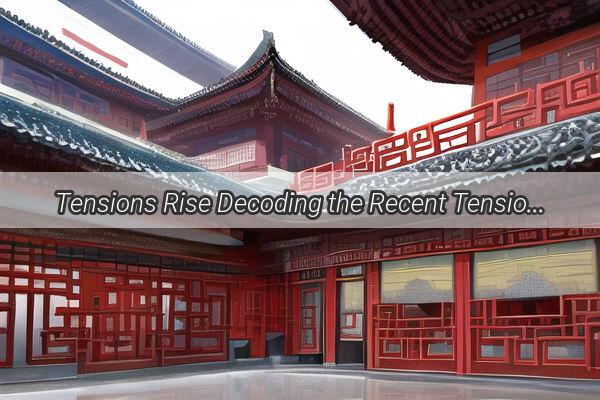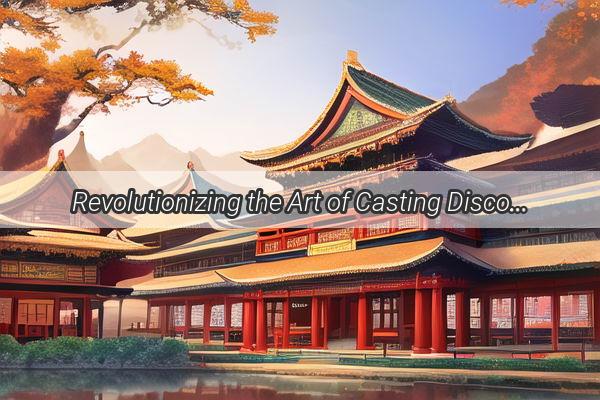Can You Form a Union in China A Deep Dive into Workers Rights and Organizational Freedom
In the bustling streets of China, a question echoes among the workforce: Can you form a union in China? The answer, while complex, is rooted in the intricate tapestry of labor laws and social norms. This article delves into the world of labor unions in China, examining the legal framework, the challenges faced by workers, and the evolving landscape of worker rights.
The Legal Landscape
China's labor laws, as stipulated in the Labor Law of the People's Republic of China, guarantee the right of workers to form trade unions. However, the process of forming a union is not without its hurdles. The All-China Federation of Trade Unions (ACFTU), a single, state-run union, dominates the landscape, and workers seeking to establish independent unions may encounter resistance.
Despite this, the legal foundation is there. Article 7 of the Labor Law states, Workers have the right to form trade unions and join trade unions. But in practice, the situation is more nuanced.
The ACFTU: A Monolithic Union
The ACFTU, established in 1925, has long been the sole representative of workers in China. It is a powerful organization with a vast network of local branches, and its influence extends to almost every workplace. The ACFTU is tasked with representing workers' interests, negotiating wages, and mediating disputes. However, its role has been criticized for being more aligned with the state's interests rather than those of the workers.
The Challenges of Forming a Union
Workers who seek to establish independent unions face numerous challenges. The first and most significant obstacle is the lack of legal recognition for such unions. The Chinese government has been reluctant to recognize and register independent unions, arguing that they may lead to instability and disrupt social order.
Moreover, workers who attempt to organize independently often face harassment, intimidation, and even detention. The Chinese government has been known to crack down on labor protests and strikes, labeling them as illegal activities that threaten social stability.
The Evolution of Worker Rights
In recent years, there has been a growing awareness of workers' rights and the importance of collective bargaining. The Chinese government has, to some extent, acknowledged the need for reform and has introduced policies aimed at improving labor conditions and protecting workers' rights.
One of the most significant developments is the establishment of the China Labor Bulletin (CLB), a non-profit organization that advocates for workers' rights and promotes the formation of independent unions. The CLB has played a crucial role in highlighting the plight of workers and pushing for reforms.
The Role of Technology

Technology has also played a role in empowering workers. Social media platforms, such as WeChat and Weibo, have become a valuable tool for workers to organize, share information, and support each other. These platforms have allowed workers to bypass traditional barriers and connect with each other more easily.
Conclusion
The question of whether you can form a union in China is a complex one. While the legal framework guarantees the right to form trade unions, the reality is that workers face significant challenges in doing so. The ACFTU remains the dominant union, and independent unions are often met with resistance from the government.
However, there are signs of change. The growing awareness of workers' rights, the role of technology, and the efforts of organizations like the CLB suggest that the landscape may be evolving. As workers continue to demand their rights and push for change, the future of labor unions in China remains uncertain but hopeful.








